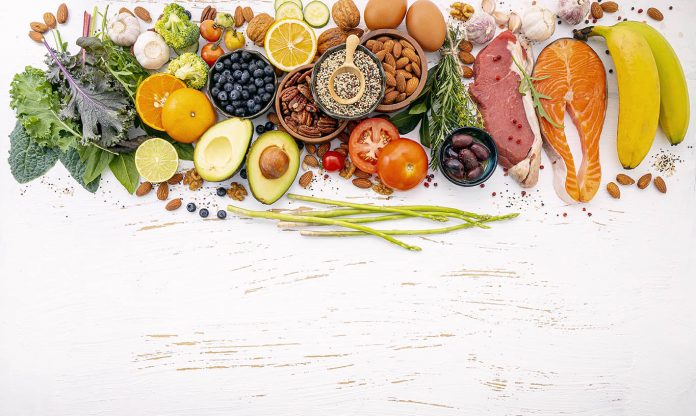In order to feel full, would you consume more food if the label states it’s “light?” According to a recent research, this may be the case.
37 men and women were asked by researchers to sample penne pasta, snack tomatoes, pesto, oregano and basil as part of a simple Italian-inspired meal. The dinner was labeled as “light” and not meant to fill them full at one point. The same dinner was described as “full” on another occasion.
When a dish was branded “light,” diners tended to eat more of it. In addition, they reported that they had a diminished sense of satiety.
Paige Cunningham, a PhD student in nutrition sciences at Penn State University, co-author of a new research that found that people who had a preconception that the meal they were about to consume was going to be a lot more substantial may eat less of it. That being said, it’s possible that eating more food if you think the meal is light and not nearly as satisfying may be the case.” 18 women and 19 men were enrolled in the study via advertisements and posters, however individuals with specific food habits or health conditions were excluded. Participants’ ages varied from 18 to 65 years.
Following the meal, the participants were quizzed on a variety of topics. “How full was this pasta salad?” was one of the questions. and, “How many calories do you believe you ingested today?” “How essential is your health to you?” was another question posed to them.
The identical experiment was carried out again by Dutch researchers at Maastricht University. This research may or may not be applicable to other areas, but Cunningham said it was fascinating nevertheless.
In vulnerable groups, such as the elderly, “this impact might be harnessed to enhance intake,” she added.
To counter this, Cunningham said,
“maybe it requires prudence in the use of labels that imply the satiating effect of food.”
Products marketed as “light” or “weight-loss” may actually cause people to eat more. Appetite, a peer-reviewed magazine, will publish the results in its January 15th issue.
Cunningham advised against relying on the wording of food labels to gauge a product’s ability to satisfy one’s hunger.
Even if a food label claims it’s healthy, Cunningham advises that you should always pay attention to the quantity you’re eating, as well as the amount of calories and other nutrients it contains. Ensure that you are aware of this.”
According to Connie Diekman, a St. Louis-based food and nutrition expert, food labels may assist customers in making decisions that are best suited to the nutritional requirements of themselves and their families.
